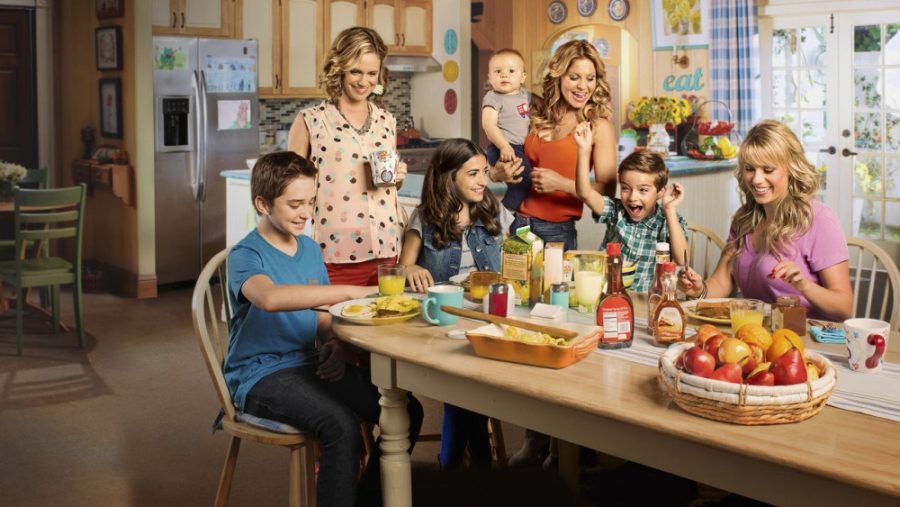Take one look at the list of movies and TV shows that either premiered in 2015 or will in the next year, and the number of reboots and remakes will send you into a full-blown nostalgia attack.
Genres from science fiction to action to comedy have rifled through archives and pulled out the films and series too good to forget. Instead of reairing the classics, though, production companies are revamping these tried-and-true stories to capitalize on the original fans’ long-term loves.
“Star Wars: The Force Awakens” and “Fuller House” are some of the more obvious reboots and series continuations that come to mind, but there are many more. “Independence Day: Resurgence,” “The X-Files,” “10 Cloverfield Lane,” “Zoolander 2,” the return of “Twin Peaks,” the list goes on.
For original fans, the news that something is going to be remade or continued can cause both celebration and concern. Seeing beloved characters return to the screen and experiencing a new version of a favorite story is always an amazing feeling—when the revamp is done correctly.
But every film or show runs the risk of not doing justice to the source material.
After all, films and TV shows aren’t chosen to be rebooted if they originally failed. Shows return and movies are remade because people loved them.
The relatable and iconic characters, exciting and unique plot lines, and that ineffable something is what makes these products more than just stories.
Recreating that initial magic is close to impossible, which is why reboots often come with negative connotations. Just like everything in life, a reboot is never going to please everyone. Even the best things will have haters.
This is why nostalgia is a risky business for the media industry: If done well, you can win big at the box office, but butcher it and a huge audience will never let you live it down.
Not only are reboots difficult to execute properly, but they carry the stigma of being unoriginal. If I had a dime every time I heard someone say “Star Wars: The Force Awakens” was just a remake of the very first “Star Wars” movie, I could fund the next installment in the series.
Nothing is original, no plot, character, setting or conflict will ever be completely original. Creativity draws on the collective human experience, which has been developed over tens of thousands of years. This shared experience is why people can relate to the art of others and how one story can profoundly affect millions of people.
Don’t knock the reboot before you try it, because if you think “Twin Peaks” can’t be as good as the original, “The Incredibles 2” is just a money maker or “Independence Day: Resurgence” won’t be original enough, you just might miss a chance to enjoy a great story along with a little bit of nostalgia.
Follow Victoria Pereira on Twitter









